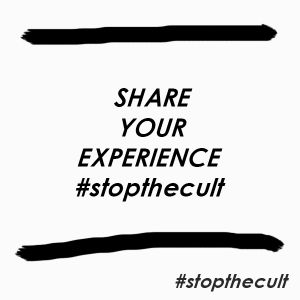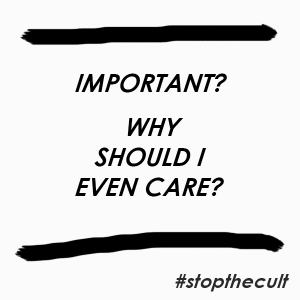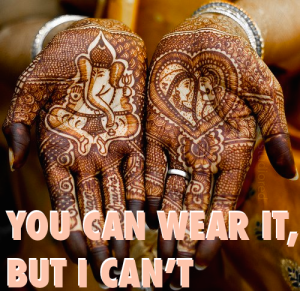With Halloween steadily approaching we’ve seen an upsurge of the hashtag “culturenotacostume” and we thought its about time we weighed in on this topic.
That being said it is incredibly hard to speak for a whole culture and there will always be disagreement. The views represented below are my own personal thoughts and views and with time and even more education/information may change. So please go easy on me here.
Growing up in a white dominant culture as a minority I’ve experience all types of racism, stereotypes and prejudices. I’ve experience people yelling “CHING CHONG” as a group of my friends walked down the street, or “Go Home its an Asian Invasion” (I’d have to say good work on the rhyme there didn’t think he’d be smart enough for that). I’ve been asked if I’ve eaten dog countless times, why do we put chopsticks in our hair (we don’t) and had people laugh at me as they pulled their eyes to make it look slanted. And the best bit, all this happened before I was even a legal adult, 18.
So to say I feel strongly about this subject is an understatement. So why is it that my culture gets joked about to my face but once someone else experiences it, it becomes “cool”? I’ve always wondered why in High School why some kids would wear chopsticks in their hair to look “exotic” or wear kimonos and cheongsams as a costume and everyone thought it was awesome. Whilst I stood here wondering if we would get the same reaction if we did it. Why it just felt plain wrong. I’d ask myself well we don’t do that? Why is it cool for them but when we do it we get isolated? Why does that costume have like 50 different asian cultures in one? So you can understand why when I found out there was an actual name for this I rejoiced a little knowing other minorities had experienced the same thing.
Orientalism, a term made popular by Edward W. Said in his publication “Orientalism” in 1978. Loosely put it is the term to describe how Western Society has a tendency to collate cultures from Asia into one whilst viewing them as “exotic” and “underdeveloped”. Reinforcing these ideas through constantly reproducing images to represent a single culture and VOILA we get stereotypes. Obviously this term goes a lot deeper and can be explored on multiple levels. But a great example of this is when someone says “Japanese” and immediately all we can think of is “Geishas” and “sushi” as if the culture has nothing else to present (a bit extreme but you get the general idea).
So this was what was happening to my culture alongside with cultural appropriation. I recently saw a picture come up on social media of a high school classmate with a group of his friend dressed up in short “kimonos” (looked more like a chinese hanfu) faces painted white with pink cheeks. Cheap tacky fans and chopsticks in their hair. Ouch. All I could think was. WHY? Don’t they understand how much effort goes into making traditional clothes. And it made me really think. How many times have I seen this happen. People wearing cheongsams but with geisha makeup and chopsticks in their hair with very little care about the effort, tradition and culture behind it.
It hit close to home. Why? Well my grandfather was a tailor in China, he worked to provide for my mother’s family making traditional qipao and tangzhuang out of the loveliest silk and handcrafted buttons. He’s made traditional clothes for me and I’ve witness his skills at work as he measured silk out with chalk string. Sewing with an old pedal powered sewing machine. Recently he made my grandmother a beautiful green cheongsam for a wedding. It took him a month and when I asked how much it would cost to buy one like this I got told close to $600AUD.
So when I do see people dress up in using clothes made for special occasions all I can think is do they know how much effort goes into making those? Do they know anything about this culture? When it should be worn? How painstakingly hard it is to craft such an item?
So that is why I believe culture should always be more than just a costume worn at Halloween. Why should some get to pick the best of one culture whilst we have to carry the good, the bad the ugly side of it?
That being said I think its brilliant if you can invest some time just to find out about the culture, this doesn’t mean don’t wear it! If someone invites you to go for it! Its a moment of cultural appreciation. Really invest and be educated, be immersive. A good understanding and appreciation will give you the common sense of when you should wear/or not wear any culture’s items. So this Halloween have a bit of common sense.
R.C.W – Stopping Cultural Appropriation
Join the #stopthecult campaign on:
Twitter (x)
Instagram (x)
Facebook (x)
Said, E. 1978. “Orientalism”, Vintage Books, United States.
Cheongsam/Qipao Image by Mity on Flickr, used under Creative Commons 2.0 for non-profit. No modifications. (x)



